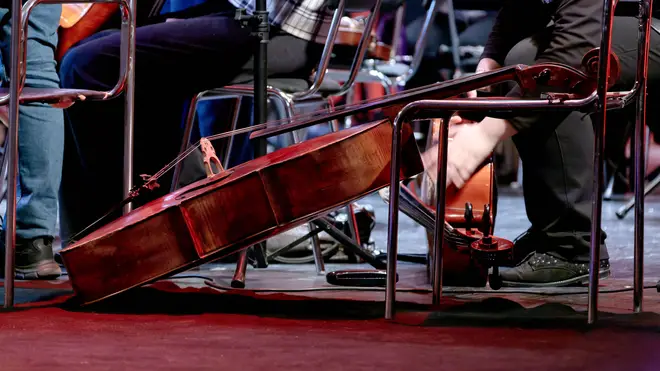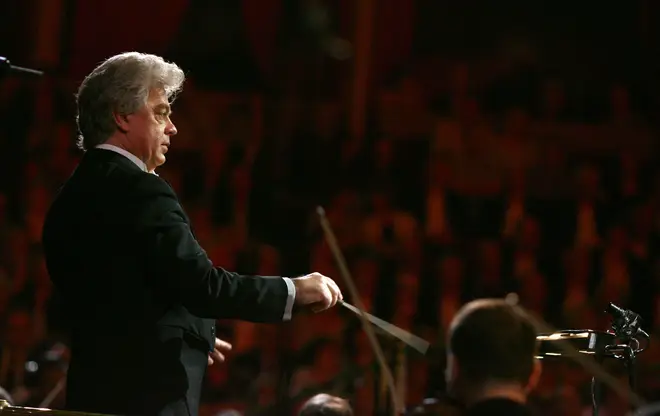On Air Now
Relaxing Evenings with Zeb Soanes 7pm - 10pm
12 February 2024, 12:39 | Updated: 12 February 2024, 13:07

Last-minute replacements were called in to the London Chamber Orchestra’s concert on Wednesday, after musicians reportedly walked out of the rehearsal over pay disputes.
The London Chamber Orchestra (LCO) was forced to call in emergency reinforcements to its concert on Wednesday evening, after half of its musicians walked out of rehearsal that afternoon, according to a report in The Observer.
The walkout was staged in protest over pay disputes, as the orchestra’s musicians had not been paid in five months, despite working throughout that period.
“It is a real battle working as a professional musician in this city now,” one of the musicians told The Observer.
“We are not paid much and so have to do other jobs, while also keeping up our hours of playing. So we certainly need to be paid when we do work.”
Read more: Almost half of working UK musicians earn less than £14,000 a year, shocking new census reveals

The cause of the unpaid bills came down to Barclays freezing the orchestra’s bank account “with no prior warning”, according to CEO Jocelyn Lightfoot.
Barclays came under scrutiny in late 2023 after several charities reported that the bank had frozen their accounts without explanation, including Ogmore Valley Male Voice Choir and classical concert venue, St John’s Smith Square. The bank had requested additional information from some of its customers, so as to prevent cases of fraud and other financial crimes.
The LCO, which operates as a registered charity, said that it took four months for the account to be reopened.
“We kept the musicians informed during this period that their payment would go out as soon as the account was reopened,” Lightfoot said. “But as the timeline of the reopening was further delayed many times, it was difficult to provide musicians with a clear timeframe.”

Accordionist Ksenija Sidorova plays thrilling Fantasia on ‘Chiquilin de Bachin’ backstage at Classic FM Live
The overdue bills were all paid off last week, according to Lightfoot, and musicians with outstanding invoices have also been asked to come forward.
Lightfoot added: “We understand the monumental strain on this body of freelancers whose opportunities to work have been reduced and jeopardised due to sweeping cuts to orchestral funding.
“Many of these musicians have had their work curtailed due to Brexit and they are still suffering the aftermath effects of the pandemic. There is great cause for concern for these highly skilled, immensely talented players whose role and value in society is under-appreciated.”
Lightfoot’s comments echo two reports published last year, which revealed that nearly half of UK musicians lost work in Europe following Brexit, and that one in four professional musicians were skipping meals amidst the cost of living crisis.
Founded in 1921, the orchestra has a rich history as the UK’s first professional chamber orchestra, including performing at the Prince and Princess of Wales’ wedding in 2011.
A spokesperson for Barclays Bank told The Observer: “We take the protection of our customers’ funds and data extremely seriously. As part of our ongoing responsibility to help prevent financial crime and to meet our regulatory responsibilities, we are required to ensure we hold up-to-date information regarding our customers’ accounts. Customers are also required to inform the bank in a timely manner of any change to their legal status relating to their business, charity or trust.”